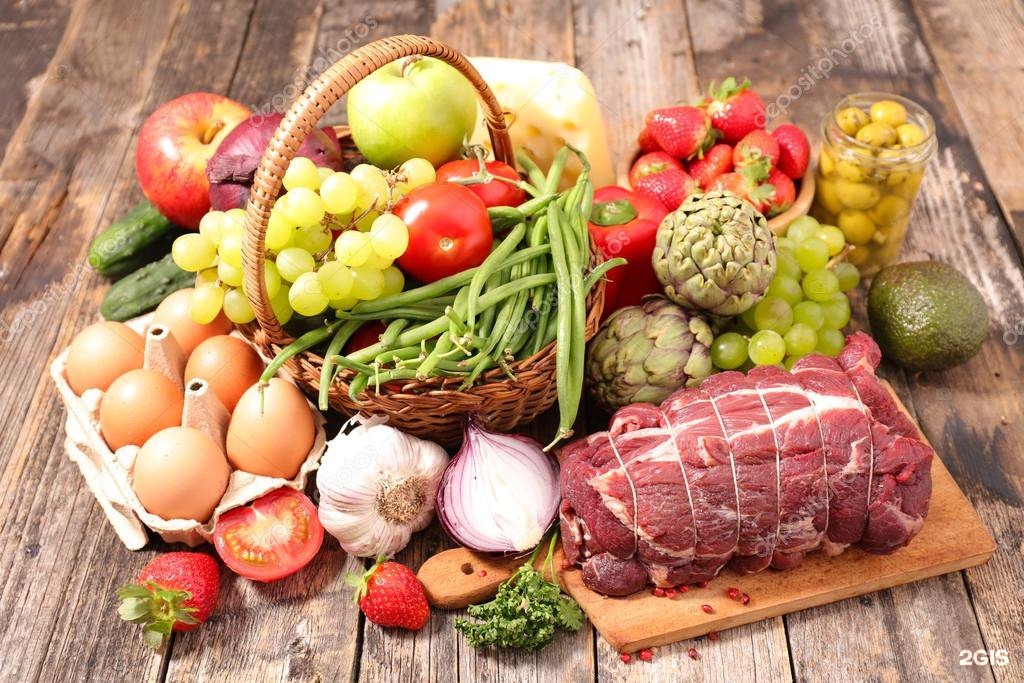
Title: In a world where the food landscape is diverse and choices are abundant, making informed decisions about what we eat is essential for our health and well-being. One way to ensure that the food we consume meets high standards of safety and quality is by opting for certified food products. But what exactly makes certified food products a preferable choice for your diet? Let’s explore some compelling reasons.
1. Stringent Safety Standards:
Certified food products are subjected to rigorous evaluation processes to ensure they meet specific safety standards set by regulatory bodies or certification agencies. These standards cover various aspects of food production, including sourcing of ingredients, manufacturing practices, packaging, and labeling. By choosing certified products, you can have confidence in the safety of what you’re consuming.
2. Traceability:
Certified food products offer complete traceability from farm to fork. Every step in the production and distribution chain is carefully documented, allowing for transparency and accountability. This traceability not only helps in quickly identifying and addressing any potential issues but also enables authorities to implement targeted recalls if necessary, minimizing the risk to consumers.
3. Hygiene and Sanitation:
Certified food products prioritize hygiene and sanitation practices throughout the production process. Facilities where the food is processed adhere to strict standards, including regular cleaning and sanitization, proper handling of ingredients, and training of personnel in food safety protocols. By choosing certified products, you can be assured that they have been produced under hygienic conditions.
4. Testing for Contaminants:
Certified food products undergo regular testing for various contaminants, including pathogens, pesticides, and heavy metals. These tests ensure that the products meet permissible limits and pose no threat to consumer health. Additionally, some certification programs may require testing for allergens to safeguard individuals with food allergies.
5. Transparent Labeling:
Certified food products provide clear and accurate labeling, empowering consumers to make informed choices. Essential information such as ingredient lists, nutritional content, and allergen warnings is readily available on the packaging. This transparency allows you to tailor your diet according to your dietary needs and preferences.
6. Commitment to Sustainability and Ethics:
Many certification programs incorporate criteria related to environmental stewardship, fair labor practices, and animal welfare into their standards. By choosing certified food products, you not only protect your health but also contribute to broader social and environmental goals. Your purchase supports companies that prioritize sustainability and ethical practices.
7. Building Consumer Trust:
Certified food products display a recognized certification seal on their packaging, signaling the manufacturer’s commitment to quality and integrity. This assurance helps build trust and loyalty among consumers. By consistently choosing certified products, you can contribute to a culture of accountability and transparency in the food industry.
8. Stakeholder Engagement:
Certification schemes often involve stakeholder engagement, including input from industry experts, consumer advocates, and government agencies. This collaborative approach ensures that the standards remain relevant and up-to-date with the latest scientific findings and industry developments. Your support for certified products encourages ongoing improvements and accountability within the certification process.
In summary, choosing certified food products for your diet offers numerous benefits, including stringent safety standards, traceability, hygiene and sanitation practices, testing for contaminants, transparent labeling, commitment to sustainability and ethics, building consumer trust, and stakeholder engagement. By prioritizing certified products, you can enjoy peace of mind knowing that what you’re consuming is not only delicious but also safe, responsibly produced, and aligned with your values.
Read more: Agriculture Farming Practices






